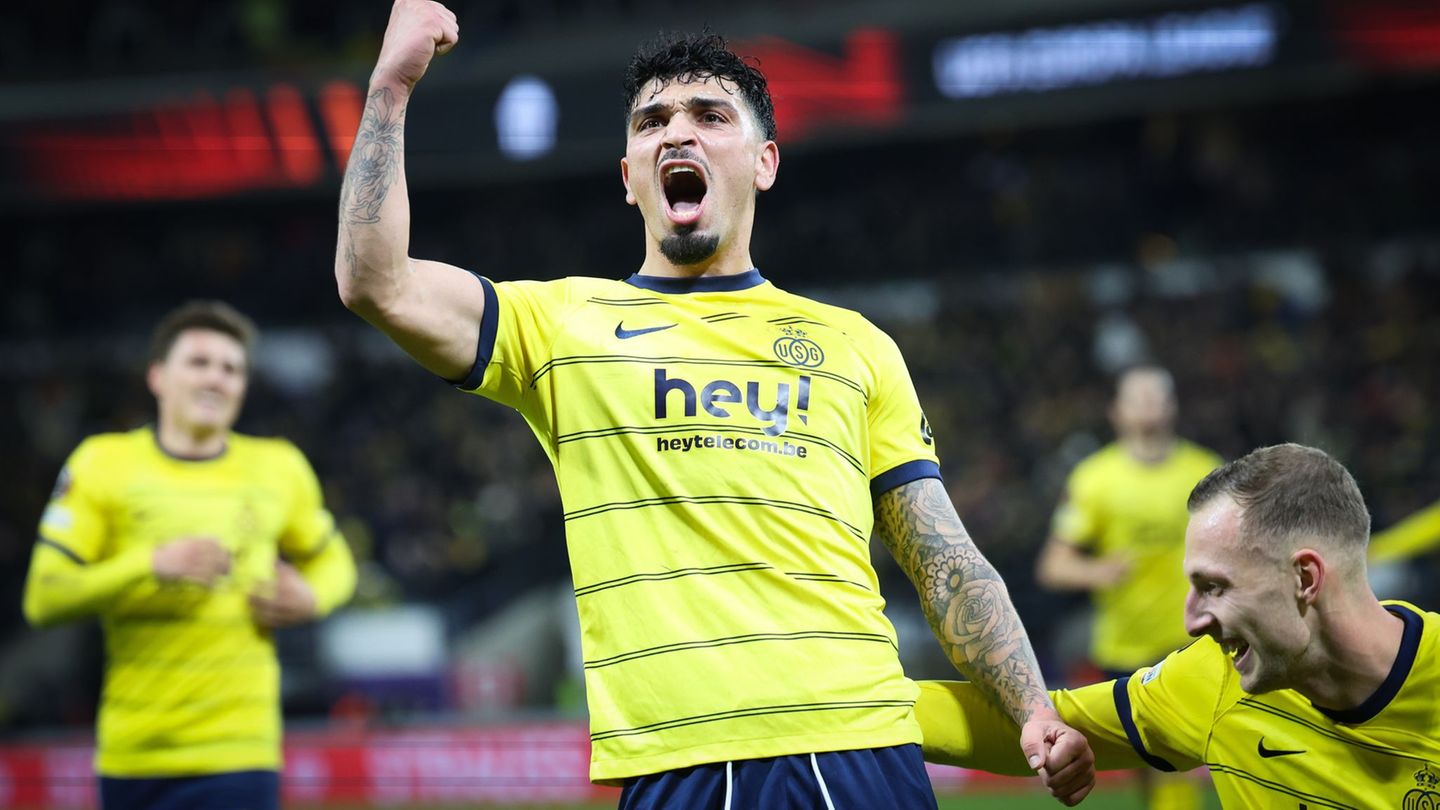Election campaign
Duet in Harmony: What follows from the Weidel-Musk conversation?
Copy the current link
Two people are essentially having a public telephone conversation: an online talk with US billionaire Elon Musk is attracting a lot of attention for the AfD leader. But not just positive ones, says an expert.
The two were very much in agreement – during their online conversation, AfD leader Alice Weidel and US billionaire Elon Musk repeatedly confirmed to each other how similar they see the world. “Yes, absolutely,” Weidel said more than once to her invisible interlocutor on Musk’s own platform X. And Musk enthused again: “Only the AfD can save Germany.” An assessment that has sparked sharp criticism for weeks.
In more than an hour, Musk and Weidel covered a huge range: from the alleged decline of Germany to the demand for a renaissance of nuclear power to the exploration of Mars and the question of God. Even when Weidel said that the National Socialist leader Adolf Hitler was not right-wing, but a “communist,” Musk largely agreed. Hundreds of thousands watched this conversation, which was conducted in English and felt like a public telephone call. But what will it do?
What good is the conversation for the AfD?
Musk’s support is bringing attention to the AfD, says Thorsten Benner, director of the Global Public Policy Institute in Berlin. But: “Few Germans will vote for the AfD just because a US billionaire is campaigning for them.” Conversely, Benner expects that outrage over Musk’s help will not have much of an impact on AfD voters.
The Dresden political scientist Hans Vorländer thinks Weidel’s appearance could have a rather negative effect. “Mrs Weidel didn’t take advantage of her opportunity,” says Vorländer. She seemed unprepared and tried too hard to please Musk, especially with a libertarian image of the state. “Their statement that they want to liberate the German people from the state is of no small importance for the AfD’s internal discourse,” says the political scientist. That means a completely free market economy. “The workers, who voted heavily for the AfD in the last elections, have completely different ideas: the state must protect, it must provide security.” Vorländer also expects opposition from the ethnic wing of the AfD.
Why did Weidel bring up Hitler?
Musk asked Weidel if she could explain why “many media outlets” associated the AfD with “Nazism or something like that.” “Thanks for the question,” said Weidel and then continued: “National Socialists, as the word suggests, were socialists.” And about Hitler: “He was a communist and saw himself as a socialist.” Hitler was “exactly the opposite” of the right. “He was this communist, socialist guy. Period.” The AfD, in turn, is “exactly the opposite”.
Vorländer views this very critically. “To call Hitler a communist requires a great deal of misrepresentation of history,” said the political scientist. “Ms. Weidel wanted to point out that the AfD is something completely different than right-wing extremist. It portrayed Hitler as a communist and socialist in order to identify itself as truly conservative and libertarian. This is an attempt to reinterpret history in order to avoid the accusation of right-wing extremism.”
After the Musk talk, Weidel defended himself by pointing out that the respected historian Sebastian Haffner also saw Hitler as more left-wing. What is left out of Weidel’s argument is that the National Socialists saw communists, socialists and social democrats as their main opponents and systematically persecuted, imprisoned and murdered them after coming to power in 1933.
How does Musk benefit from getting involved in the German election campaign?
Musk is “first and foremost an entrepreneur who is interested in maximum profits,” says Potsdam sociologist Roland Verwiebe. “It will be strategically important for Musk – and so is (Mark) Zuckerberg with Meta – to ensure that neither in the USA nor in Europe do the forces that want to achieve greater containment of the digital platforms gain the upper hand.” The European Union is pursuing this goal with the Digital Services Act, which is intended to regulate the platforms’ business and curb illegal content, goods and services. The AfD wants to abolish the DSA with reference to freedom of expression.
Vorländer puts it this way: “Musk has global economic interests. State regulation stands in his way. He uses right-wing populist and right-wing extremist political forces to remove obstacles. And with his global platform capitalism he is also gaining political and communicative power can be used autocratically.”
Why is the Bundestag examining this talk?
The organization Lobbycontrol suspects that the conversation could be an illegal party donation. Musk provides X reach on his platform, which the company would otherwise sell for “a lot of money”. The Bundestag is looking into this, as a spokesman announced: “The Bundestag administration is currently clarifying the facts in this case.”
Green Party lead candidate Robert Habeck raised the question of equal opportunities in the election campaign. “Are the algorithms that platform “World”.
AfD leader Weidel later also defended herself on RTL/ntv against the suspicion that the talk with Musk could have been a monetary advantage for her party. It was a dialogue on a platform; there is nothing wrong with two people having a conversation.
dpa
Source: Stern
I have been working in the news industry for over 6 years, first as a reporter and now as an editor. I have covered politics extensively, and my work has appeared in major newspapers and online news outlets around the world. In addition to my writing, I also contribute regularly to 24 Hours World.




